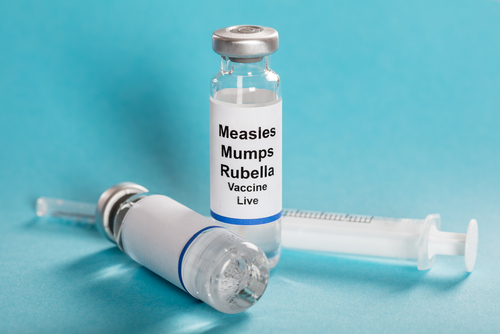This Q&A appeared in The Detroit News. Read the full story here.
Dear Dr. Roach: I have been following all the concerns about exposure to measles but have not seen anything mentioned that it is dangerous for pregnant women to be exposed. In 1966, doctors felt that I was exposed during my third month of pregnancy, and our daughter was born with severe brain damage. The child of another woman in our community was born deaf because she also had measles. Is this no longer a concern?
— P.S.
Dear P.S.: I am very sorry to hear about it, even so many years later. Having a child with major health issues is an immense strain on a family.
Measles (rubeola) certainly is very dangerous for pregnant women. There is a high risk for pneumonia and encephalitis (brain swelling). Sixty percent of pregnant women exposed to measles will have a bad outcome to themselves or their baby, and 12% of women died.
However, I suspect you were more likely exposed to rubella, also called German measles, which is even more dangerous to the developing fetus, although it is a very mild illness to the mother. Before the vaccine was introduced in 1969, rubella was a feared infection in mothers. In a major outbreak in 1964, there were 12.5 million cases in the U.S., with 11,000 fetal deaths and 20,000 cases of congenital rubella syndrome. By contrast, between 2001 and 2004, there were 13 cases per year of rubella reported, with less than one case per year of congenital rubella syndrome, on average.
The effects of congenital rubella syndrome can be devastating. Severe brain injury is most common when the developing fetus is exposed in the first three months, as your daughter was. Deafness occurs in about two-thirds of those born with congenital rubella syndrome. Virtually every organ may be affected.
Two doses of rubella vaccine are 97% effective. Successful vaccination means that neither a pregnant woman nor her fetus will be affected even if exposed. However, the 3% of women in whom the vaccine is not effective and those who cannot or will not get the vaccine are at risk for this devastating complication if exposed to a person with rubella, which is highly infectious for one to two weeks during which the person with rubella may have no symptoms. Congenital rubella syndrome is another reason why it is so critical to maintain high compliance with the MMR vaccine, which covers measles, mumps and rubella.

